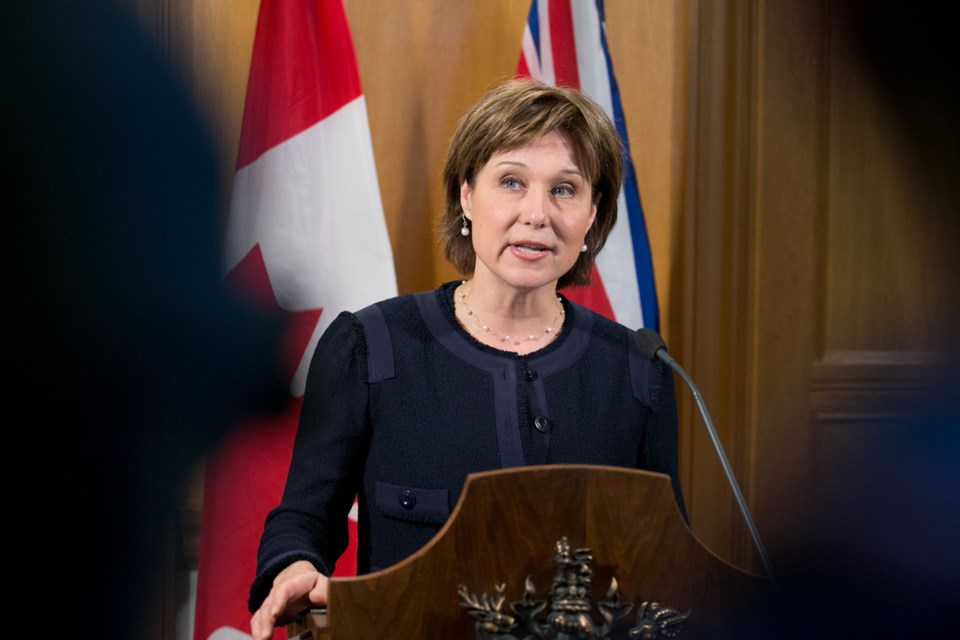The B.C. government’s policy of “clawing back” child-support payments from people on social assistance violates the rights of women and children, legal advocates say.
Lawyers at West Coast LEAF and the Community Legal Assistance Society say the policy could be ripe for a court challenge.
“Child support is the right of the child and that’s very clearly established in Supreme Court of Canada jurisprudence,” said Laura Track, legal director at West Coast LEAF.
“So by clawing child support back from income assistance, my view is that this is a violation of children’s right to support that is intended for them.”
The NDP attacked the Liberal government in the legislature this week for deducting $17 million in family-maintenance payments last year from people on income or disability assistance.
A single mother with one child receives $945 a month in income assistance or $1,242 in disability assistance. If she receives any child-support money from an ex-partner, the government reduces her assistance cheque by an equal amount.
Victoria single mothers Jennifer Brice and Michelle Tallio said the policy leaves them struggling to find enough money for food and other necessities for their children.
Premier Christy Clark defended the policy this week, arguing that taxpayers want to be sure that people on social assistance receive only the bare minimum.
“The principle is that if you have income, whatever its source, its weighed against the social assistance that you receive because social assistance is intended to be a minimum, not a top-up on other income,” she said.
Rather than changing the policy, Clark said a better solution would be to eventually raise social-assistance rates. The last increase was in 2007.
“We are balancing our budget in very difficult economic times right now, so we’re not able to do it now,” she said.
“But I think that if, at some point, we can raise rates, we should be thinking about that.”
Kendra Milne, a staff lawyer at the Community Legal Assistance Society, said the policy of clawing back child support harms already vulnerable children who have no control over whether their family is on social assistance or not.
“Kids who aren’t on income assistance get a bunch of benefits from child-support payments,” Milne said.
“It’s pretty settled in case law that child support is intended to cover more than the bare necessities — it’s about a reasonable standard of living for the kids.
“The ministry’s policy essentially means that kids on income assistance, which they can’t control, don’t get any of those benefits.”
Track said the government is also discriminating against women by allowing people on social assistance to keep some earned income, but no child support.
Individuals or families on social assistance can keep up to $200 in earned income without having it deducted from their assistance check, while a single person or parent on disability assistance can keep up to $800.
“If money is ‘earned’ through employment, there’s an exemption; if money is received as child support, there’s no exemption,” Track said.
She said the policy disproportionately hurts women since a single man with a disability would be able to keep earned income, while a woman, who is more likely to have primary custody of children, is unable to keep any of the child support she receives.
Last year, West Coast LEAF, First Call and the Community Legal Protection Society proposed an exemption that would allow children to keep up to $300 in child support without having it clawed back by government.
Track said West Coast LEAF and other agencies will explore the possibility of launching a legal challenge.
“Given the abysmal income assistance rates, clawing back money from income assistance recipients is an extreme violation of their right to an adequate standard of living,” she said.



